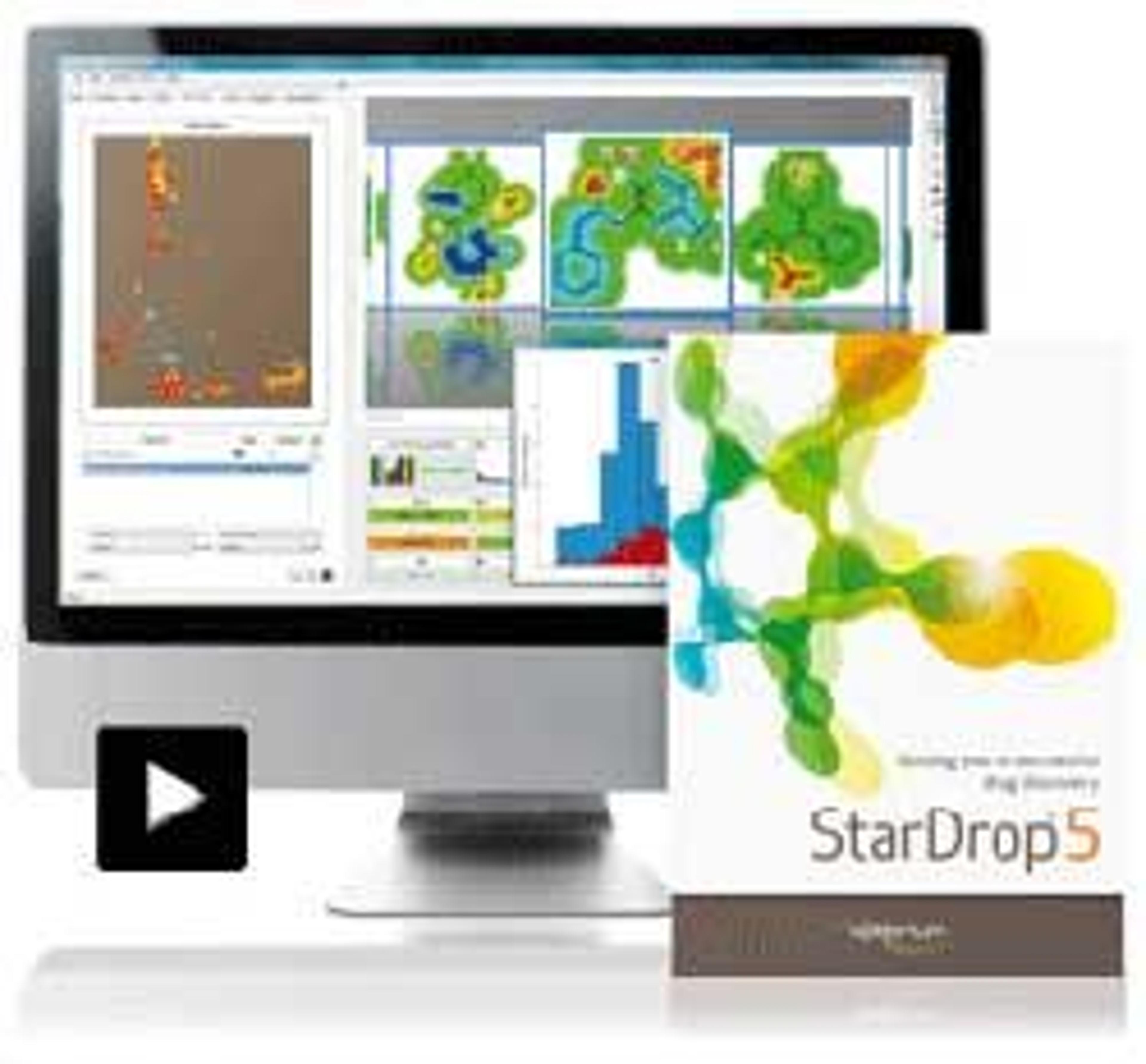Optibrium Joins Hepatic and Cardiac Toxicity Systems Project and Expands R&D Team
8 Oct 2013
Optibrium, a developer of software for drug discovery, has announced that it will join the HeCaToS (Hepatic and Cardiac Toxicity Systems) project, a major European project with the objective to efficiently investigate the health impact of compounds on the heart and liver. The EU is providing twelve million Euros for the project, which is co-ordinated by Maastricht UMC+.
In the course of the project, Optibrium will extend and advance its unique quantum mechanical models that predict metabolism by Cytochrome P450 enzymes, while further developments will focus on predicting the formation of reactive or toxic metabolites. The resulting models will be integrated into the HeCaToS system, to determine if metabolites of new compounds may damage the liver and heart, and support the project’s aim to enable the development of safer medications, cosmetics and industrial chemicals.
Optibrium has recruited new members to its R&D team to facilitate this project and simultaneously accelerate its software development plans. In particular, to lead its contribution to the HeCaToS project, Optibrium has appointed Dr Patrik Rydberg as Associate Director of Computational Chemistry. Patrik joins Optibrium from the Department of Drug Design and Pharmacology at the University of Copenhagen, where he was Associate Professor. As part of the P450 group in this department, Patrik led the development of the SMARTCyp software and undertook pioneering research on the prediction of metabolism. Patrik will also provide leadership on wider research efforts relating to Optibrium’s StarDrop software, adding his extensive computational chemistry experience to the development of this platform that guides the design and selection of high quality compounds in drug discovery.
Patrik commented, “I am delighted to be joining the Optibrium team and working on the HeCaToS project. This project, with its objective to better predict hepatic and cardiac toxicity, provides an exciting context in which to advance the field of metabolism prediction.”
For further information on Optibrium and StarDrop, please visit www.optibrium.com, contact info@optibrium.com or call +44 1223 815900. For more information on the HeCaToS project, please see the press release from Maastricht UMC+ at: http://www.mumc.nl/actueel/nieuws/veiliger-en-effectiever-chemicalien-testen-zonder-proefdieren.

